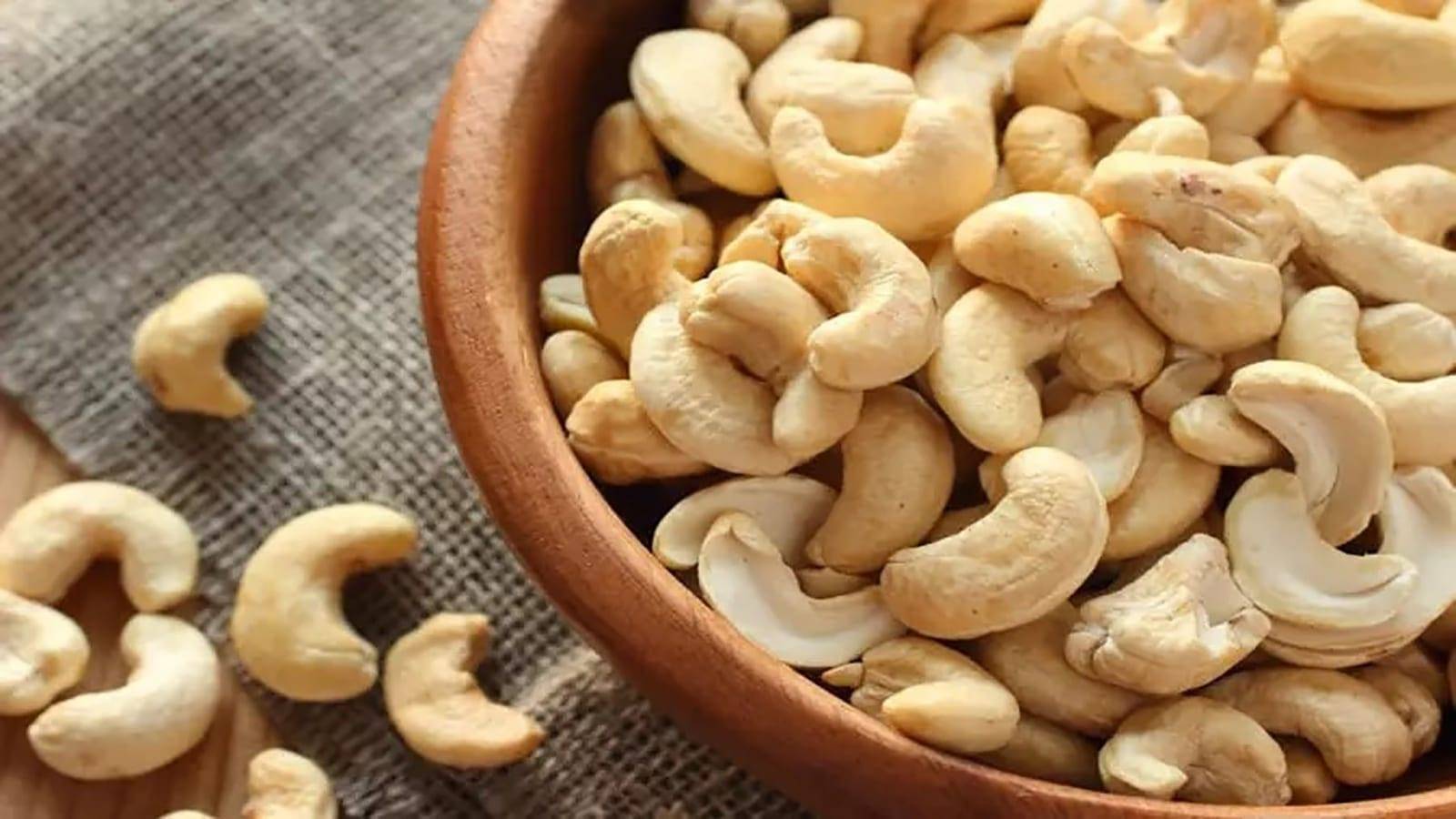The Tree Crops Development Authority (TCDA) has announced that businesses and individuals engaged in the export of unprocessed rubber, cashew, or shea from Ghana will be required to obtain a permit from May 2, 2025. This move is part of the authority's efforts to regulate and develop the production, processing, and trading of key tree crops in the country.
According to the TCDA, the new regulatory measures are in line with the Tree Crops Development Authority Act, 2019 (Act 1010) and Tree Crops Regulations, 2023 (L.I. 2471). The authority has emphasized that all exporters of unprocessed rubber, cashew, and shea must comply with the provisions of L.I. 2471 and secure a valid permit prior to shipment.
The TCDA has also directed that all licensed exporters must regularize their export transactions with the authority and ensure full compliance with the regulations. Furthermore, exporters will be required to provide proof of payment of TCDA development levies before they can be issued with a Phytosanitary Certificate by the Plant Protection and Regulatory Services Directorate (PPRSD).
The Phytosanitary Certificate is a vital document for international trade in plant products, and the TCDA has clarified that it will not be issued without confirmation of payment of the development levies. The authority has warned that failure to comply with the directive may attract sanctions in accordance with the relevant provisions of the TCDA Act.
Exporters and stakeholders seeking to obtain the necessary permit can visit the TCDA head office in Accra or contact the authority via telephone or email for further information. The TCDA has emphasized that the new regulations are part of its broader efforts to ensure value addition within the tree crop industry and promote Ghana's long-term economic development through regulated and sustainable trade.
The introduction of permits for exporting unprocessed rubber, cashew, and shea is expected to have a significant impact on the industry. The TCDA's efforts to regulate the industry will help to ensure that the country's tree crop resources are utilized in a sustainable and responsible manner.
The new regulations will also help to promote value addition within the industry, which is expected to contribute to Ghana's economic growth and development. By requiring exporters to obtain a permit and comply with the regulations, the TCDA can ensure that the industry is operating in a transparent and accountable manner.
The TCDA's move is also expected to promote sustainable trade practices within the industry. By regulating the export of unprocessed tree crops, the authority can help to prevent the exploitation of the country's natural resources and ensure that the industry is operating in a way that is beneficial to the country and its people.
In conclusion, the TCDA's introduction of permits for exporting unprocessed rubber, cashew, and shea is a significant development in Ghana's tree crop industry. The new regulations are expected to promote value addition, sustainable trade practices, and transparency within the industry, contributing to Ghana's economic growth and development.
The TCDA's efforts to regulate the industry will help to ensure that the country's tree crop resources are utilized in a responsible and sustainable manner. By working together with exporters and stakeholders, the authority can promote a structured and transparent industry that benefits the country and its people.
As the industry continues to evolve, it is essential for stakeholders to adhere to the new regulations and work together to promote sustainable and responsible trade practices. The TCDA's introduction of permits for exporting unprocessed rubber, cashew, and shea is a significant step in this direction, and it is expected to have a positive impact on the industry's growth and development.
The benefits of the new regulations will be far-reaching, and they are expected to contribute to Ghana's economic growth and development. By promoting value addition and sustainable trade practices within the industry, the TCDA can help to ensure that the country's tree crop resources are utilized in a way that benefits the country and its people.
In the long term, the new regulations are expected to promote a structured and transparent industry that operates in a way that is beneficial to Ghana and its people. The TCDA's efforts to regulate the industry will help to ensure that the country's natural resources are utilized in a responsible and sustainable manner, contributing to the country's economic growth and development.
Overall, the introduction of permits for exporting unprocessed rubber, cashew, and shea is a significant development in Ghana's tree crop industry. The new regulations are expected to promote value addition, sustainable trade practices, and transparency within the industry, contributing to Ghana's economic growth and development.




No comments yet
Be the first to share your thoughts!